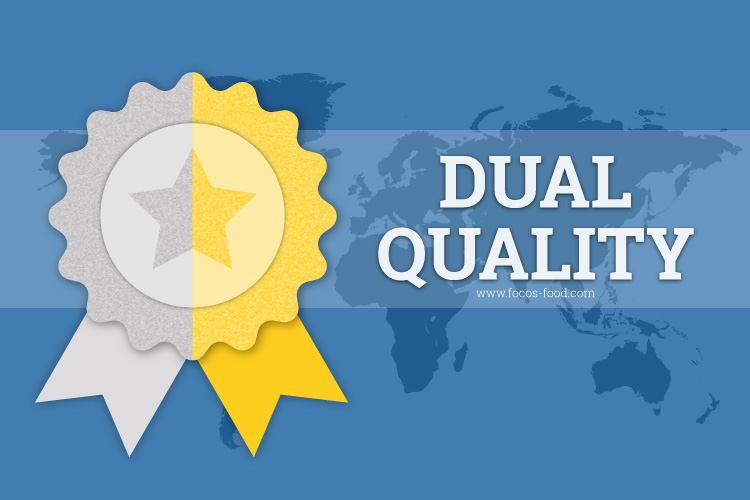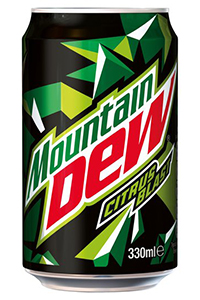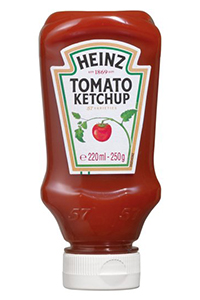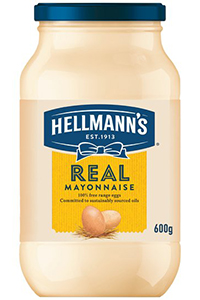
There was a long debate in Europe about dual quality of products. Dual quality describes products which carry identical labels but have different ingredients. The suspicion was that predominantly Eastern-European products had lower quality ingredients than Western European products.
An investigation was launched and the European Commission Joint Research Center analysed 1400 samples from 19 European member states to check for dual quality. In short, the findings were that there is no dual quality between Eastern- and Western Europe, but regional differences exist. About 9% of the the products had identical front-of-packs labels but different compositions, and 22% were branded as being similar but had different compositions.
Let’s compare products in USA and UK, the two nations that George Bernhard Shaw describes as two countries separated by the same language.
Let’s take a look at the ingredient list of Mountain Dew (Target, US) and Mountain Dew (Tesco, UK):

Mountain Dew (Tesco): Carbonated Water, Sugar, Acid (Citric Acid), Natural Flavourings, Antioxidant (Ascorbic Acid), Preservative (Potassium Sorbate), Caffeine, Stabiliser (Gum Arabic), Colour (Beta Carotene)
On one hand, the product sold in the USA has at least some orange juice concentrate, at the same time it uses brominated vegetable oil to emulsify the soft drink. In Europe, brominated vegetable oils are not permitted as food additives.
Another example is Heinz Ketchup:

Heinz Ketchup (Tesco): Tomatoes (148g per 100 g Tomato Ketchup), Spirit Vinegar, Sugar, Salt, Spice and Herb Extracts (contains Celery), Spice.
The Heinz Ketchup from Tesco contains sugar, while the Heinz Ketchup from Target contains High Fructose Corn Syrup, and the major ingredient of the product sold at Target is tomato concentrate while the product sold at Tesco contains no concentrate according to the label, but only tomatoes.
And lastly, Hellmann’s real Mayonnaise

Hellmann´s Mayonnaise (Tesco): Rapeseed oil (78%), water, pasteurised free range EGG & EGG Yolk (7.9%), spirit vinegar, salt, sugar, lemon juice concentrate, antioxidant (calcium disodium EDTA), flavourings, paprika extract.
In this case, the noticeable differences are in the oil used to make the mayonnaise. The product sold at Target is made using soybean oil, the one sold at Tesco is made using canola oil. This difference is likely due to the lower production cost of soybeans in the USA.
You can find many other products that are manufactured by the same company, have identical or very similar names and front-of-pack labels, but where ingredients differ. Such products include Tacos, Chocolate Eggs, and breakfast cereals.
What is noticeable is that you can find ingredients that have raised concerns among consumers and/or scientists with a significantly higher frequency in US products compared to British products. Such ingredients of concern (for different reasons) include high fructose corn syrup, additives like brominated vegetable oils and artificial colorings like Yellow #5 (aka Tartrazine) which, according to the European Food Safety Authority, appears to be able to elicit intolerance reactions in a small fraction of the exposed population.
So it appears USA and Britain are not only divided by a common language.




